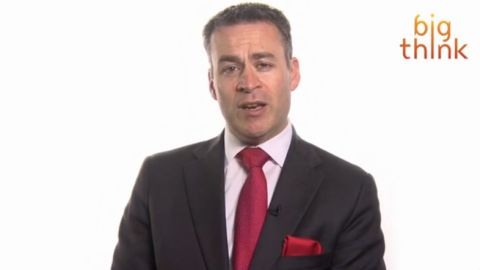How Can We Improve Our Schools?

Are our schools preparing children to navigate the challenges of the future?
“We do have a real crisis in education,” Chris Kirk, the Chief Executive Officer of GEMS Education Solutions told Big Think at the Global Education & Skills Forum. “In the developing world, in Africa and Asia, we still have so many children out of school. Often the figure that is cited is around 140 million children, some people are saying as high as 250 million children who do not have access to a school.” Even in the developing world, as Kirk points out, children are not prepared to meet the shifting challenges of today.
What needs to be done to make schools, across the world, more in-line with the 21st century? The answer lies in part with the teachers. “We need to look at the quality of leadership, quality of teaching, the curriculum. Very importantly how a teacher’s empowered to plan, assess, develop their practice and be the lead people for taking the profession forwards,” says Kirk. “By doing that we find that standards can rise much more quickly.”
Today’s growing youth unemployment rates are drawing attention to the education crisis. There is even a debate over whether college is necessary anymore and worth the hefty price tag. Schools can be improved, and parents must be engaged, in order to raise children who are skilled at meeting the challenges of tomorrow.
“We know that children with engaged parents improve in their educational quality much more quickly than those with parents who were disengaged in education,” says Kirk. “This is a key part of educational effectiveness.”
With parents doing their part, schools must focus on running their operations more efficiently, investing the resources wisely, and enlisting the help of data to develop the curriculum to best prepare students.
As Kirk sums it up: “So what is it that the parents think, what do the teachers think, what do the students think? How does it all come together to make sure that we have a school that’s going to continue to improve, be critical of itself and do the very best it can for its community?”





